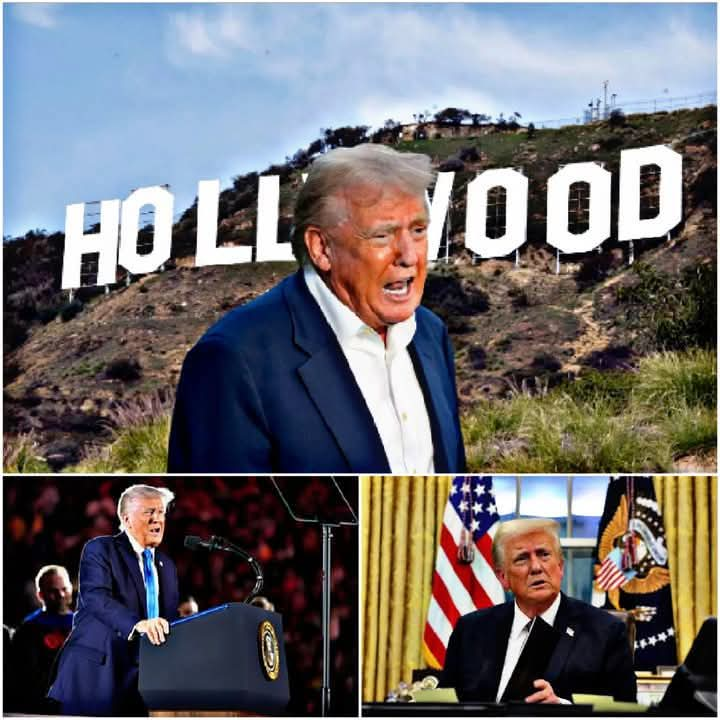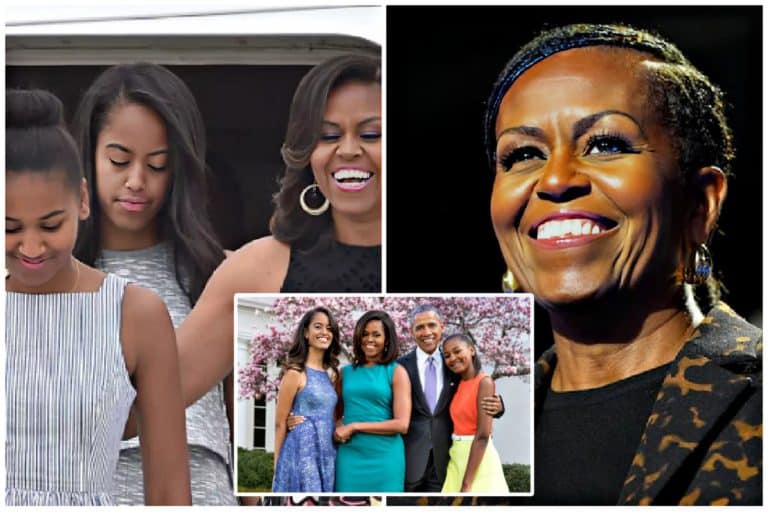Trump’s 100% Tariff on Foreign Films: A Game-Changer for Hollywood and Global Cinema
In a bold and controversial policy move that has sent shockwaves through the global entertainment industry, former President Donald Trump announced plans to impose a 100% tariff on all foreign films if re-elected in 2024. The proposal, which has already sparked heated debates among Hollywood insiders, foreign filmmakers, trade analysts, and political commentators, could reshape the future of global cinema, international trade, and cultural exchange.

What Exactly Is the Proposed Tariff?
Trump’s proposed policy involves a 100% import tax on all films produced outside the United States and shown in American theaters or distributed via U.S.-based streaming platforms. This means foreign film producers would be required to pay double the cost to have their content distributed in the lucrative American market.
While the move is being framed by Trump and his supporters as a “pro-America” initiative to protect domestic film jobs and Hollywood’s market share, critics argue it amounts to cultural protectionism that could stifle creativity and spark trade disputes with major film-exporting countries such as India, South Korea, France, the UK, and Japan.
Why Is Trump Proposing This?
The tariff is being pitched as part of Trump’s broader “America First” economic agenda, similar to the trade policies he implemented during his first term targeting China and other global manufacturing powers. Trump argues that:
Hollywood needs protection from foreign competition
American stories are being diluted by global influence
U.S. film workers are losing out to cheaper international production
At a recent rally, Trump stated:
“We’re going to protect our film industry the same way we protect our steel and our cars. No more handouts to global filmmakers. If they want to show their movies here, they’ll pay the price.”
Industry Reaction: Worry, Outrage, and Strategic Planning
The response from Hollywood and global film stakeholders has been swift and overwhelmingly critical. Many see the policy as not only economically short-sighted but also a threat to the artistic diversity that has flourished due to international collaboration.
Hollywood studios worry the tariff could:
Limit access to popular international films and talent
Discourage co-productions with foreign studios
Lead to retaliatory tariffs that restrict American films abroad
Prominent director Bong Joon-ho of Parasite fame said in a recent interview:
“Cinema has no borders. Imposing trade walls on art is a regressive step in a globally connected creative world.”
Impact on Global Film Markets
The proposed tariff would significantly disrupt the flow of international cinema into the United States, one of the most profitable markets in the world. For countries like India (Bollywood), South Korea, and France, whose films have gained traction in U.S. theaters and festivals, the policy could mean:
Massive drops in revenue
Fewer foreign-language films in the Oscars race
Reduced collaboration with American streaming giants like Netflix and Amazon Prime
In turn, other countries could impose mirror tariffs on Hollywood content, jeopardizing U.S. box office sales in global markets.
What Does This Mean for American Audiences?
For U.S. moviegoers, the result could be fewer international films in cinemas, higher ticket prices, and reduced access to culturally diverse storytelling. Foreign film festivals and award shows in the U.S., such as the New York Film Festival, may also see a decline in international participation.
Film critic Ava Martinez commented:
“This move risks isolating the U.S. culturally. American audiences will lose exposure to global voices that enrich our understanding of the world.”
Streaming Platforms May Bear the Brunt
Major streaming services like Netflix, HBO Max, and Disney+, which host a wide array of international films and series, could face significant cost increases. These platforms would either need to:
Absorb the new tariffs, lowering profit margins
Pass the cost on to subscribers through price hikes
Reduce the amount of foreign content available
Analysts predict this could hurt the growth of global streaming, which has been on the rise due to successful shows like Squid Game (Korea), Money Heist (Spain), and RRR (India).
Could the Plan Be Legally or Politically Blocked?
Although Trump has floated the policy as a campaign promise, implementing such a tariff would require navigating:
International trade laws and WTO guidelines
Pushback from Congress, especially pro-business Republicans
Lawsuits from foreign studios or distributors
Even some within Trump’s own party are questioning the wisdom of such a policy. Republican Senator Ben Sasse stated:
“Free trade isn’t the enemy of American jobs — it’s a platform for innovation and influence. This idea is a cultural Cold War we don’t need.”
A Cultural or Political Strategy?
Some analysts suggest that the tariff proposal is more about political theater than policy. With increasing culture wars and national identity debates in America, Trump may be using the film industry as a battleground to rally support among conservative voters who feel that Hollywood has become too liberal or globalist.
Conclusion: A Fork in the Road for Cinema
Trump’s proposed 100% tariff on foreign films is more than just an economic policy — it’s a cultural and political statement. Whether it will ever be implemented remains uncertain, but the conversation it has sparked is real and far-reaching.
The global film community now faces critical questions: Will art become another casualty of geopolitical rivalry? Can storytelling survive tariff walls? And what does this mean for the future of creative freedom in a hyper-connected world?

is the founder of The News Buzz PK. She is a freelance journalist and content strategist with over 3 years of experience in writing trending news articles, covering topics from US politics to Hollywood and royal families. She focuses on original, engaging, and SEO-optimized content that keeps readers coming back.





